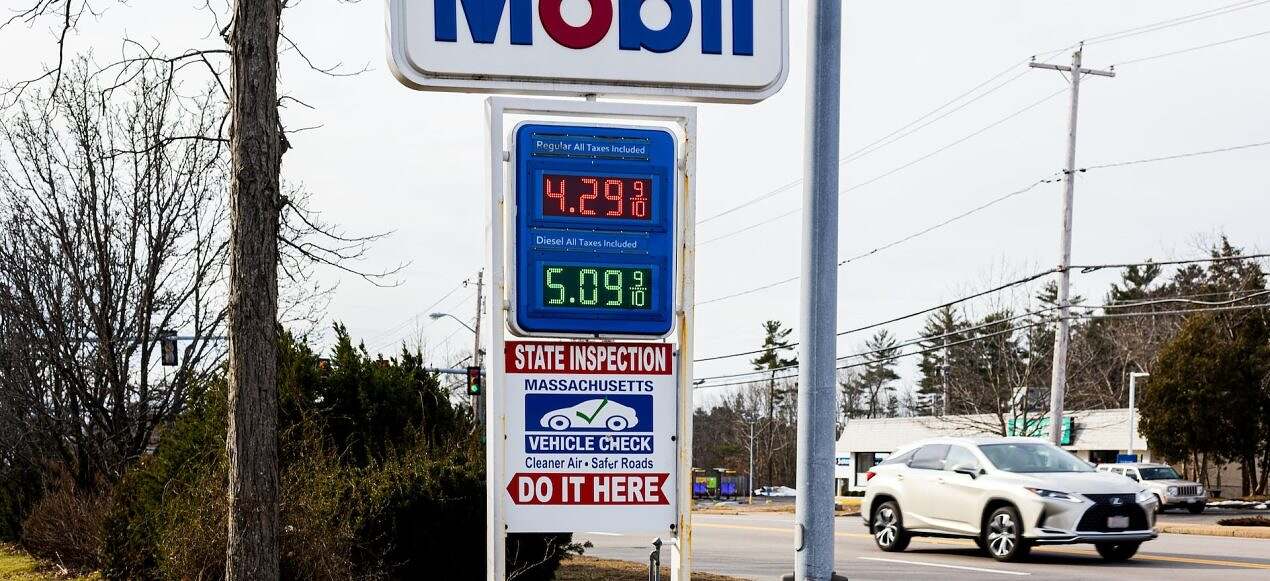
When it comes to maintaining your car’s performance and ensuring its longevity, the quality of gasoline you use can play a pivotal role. Are certain branded gasoline stations selling you lower quality fuels – or are there uniform standards by law?
While the low octane gasoline may be essentially the same across various retail outlets, the difference lies in the additives mixed in by different brands. These additives are designed to enhance the fuel’s performance and protect your vehicle’s engine over time.
Understanding Fuel Additives
Fuel additives are chemical compounds added to gasoline to increase its efficacy. According to Cars.com, “it does matter, because some brands contain more detergent additives that can prevent carbon deposits from forming inside your engine.” This statement highlights the importance of choosing gasoline that contains a higher level of detergent additives. These detergents clean the engine’s internal components, such as fuel injectors and intake valves, leading to better fuel efficiency and performance.
On the other hand, WTSP.com notes, “No, there’s no difference in gasoline itself but brands mix in different additives, which some studies have shown may impact the quality or wear.” This underscores that while the base fuel may be similar, the additive packages vary significantly among brands, affecting the gasoline’s overall quality and its impact on your vehicle.
The Debate Over Gasoline Quality
There’s ongoing debate among motorists and experts alike regarding the impact of gasoline quality from different sources. Some argue that gasoline from so-called ‘lower scale’ sellers or no-name gas stations is of inferior quality compared to gasoline from higher-end, brand-name sellers. The primary concern is that cheaper gasoline may contain fewer or less effective additives, potentially leading to carbon buildup, reduced engine efficiency, and increased wear and tear over time.
High-Brand vs. Low-Scale Gasoline
Brand-name gasoline sellers often tout their fuel’s superior additive packages, which are designed to clean the engine and protect it from wear and tear. These companies invest heavily in advertising the benefits of their premium fuels, which are formulated with advanced detergent additives to maintain engine cleanliness and performance.
Conversely, gasoline sold at some lower-scale sellers may not have the same level of high-quality additives. This can lead to a buildup of carbon deposits within the engine, reducing its efficiency and potentially leading to higher maintenance costs over time. It’s worth noting, however, that all gasoline sold in the U.S. must meet the Environmental Protection Agency’s (EPA) minimum requirements for detergent additives, ensuring a basic level of protection for your vehicle’s engine.
Making the Right Choice
For consumers, the decision on where to buy gasoline often comes down to price versus perceived quality. While it may be tempting to opt for the cheapest option available, investing in higher-quality gasoline from reputable sellers can pay off in the long run by maintaining your car’s performance and efficiency. It’s advisable to consider gasoline that is certified by the Top Tier Detergent Gasoline program, which sets higher standards for detergent additives.
In conclusion, the gasoline you choose does indeed have implications for your car’s performance and overall health. Opting for brands that offer fuel with high-quality detergent additives can help keep your engine clean, ensure smoother operation, and potentially save you money on maintenance and fuel over the vehicle’s lifespan. It’s a small investment that can lead to significant benefits, making it a wise choice for conscientious car owners.


